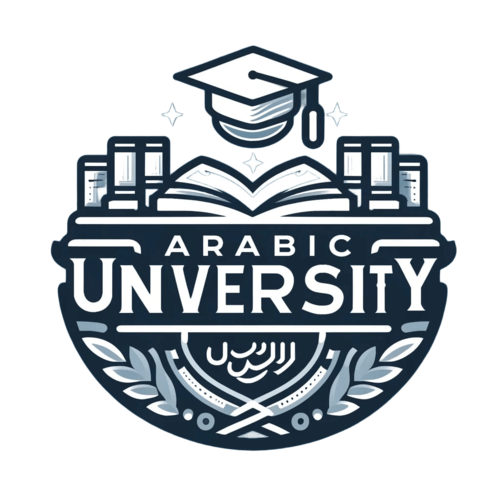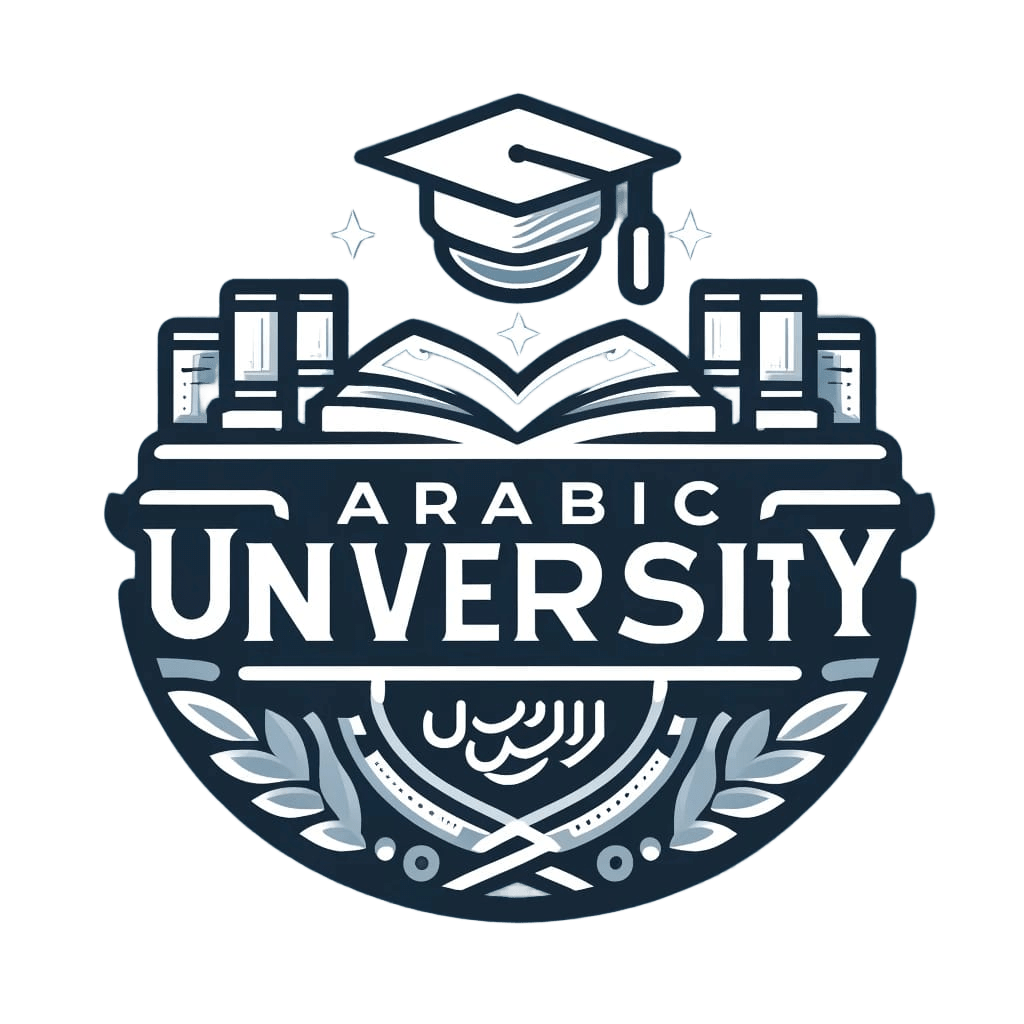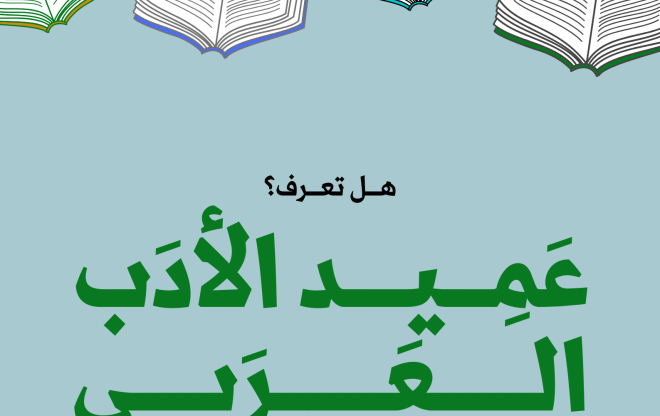Currently Empty: 0,00 د.إ
The Global Significance of the Arabic Language: Bridging Cultures, Facilitating Communication, and Promoting Understanding
The Arabic language stands as a testament to the rich tapestry of human civilization, weaving together centuries of history, culture, and profound beauty. With over 300 million speakers worldwide, Arabic serves as the lingua franca of the Arab world, encompassing a diverse array of dialects and variations that reflect the depth of its influence.
A Language of History:
Arabic boasts a storied history that stretches back over 1,500 years. Originating in the Arabian Peninsula, it spread rapidly with the rise of Islam in the 7th century, becoming the language of the Quran, Islam’s holy book. The preservation of the Quran in its original Arabic form has played a crucial role in safeguarding the language through the ages.
A Cultural Treasure:
Beyond its religious significance, Arabic is a treasure trove of literature, poetry, and art. Arabic poetry, in particular, holds a revered place in world literature, with luminaries like Al-Mutanabbi and Abu Nuwas leaving an indelible mark on the poetic landscape. The intricate beauty of Arabic calligraphy further elevates the language, transforming words into works of art.
Linguistic Diversity:
Arabic is not a monolithic language but rather a vibrant tapestry of dialects and variations. From the classical Arabic of literature and religious texts to the colloquial dialects spoken in different regions, each variant carries its own unique charm and character. This linguistic diversity reflects the rich cultural tapestry of the Arab world, where language serves as a bridge between different communities and traditions.
Scientific and Scholarly Legacy:
The Arabic language has made significant contributions to fields ranging from mathematics and astronomy to medicine and philosophy. During the Islamic Golden Age, Arabic scholars preserved and translated the works of ancient civilizations, laying the groundwork for Europe’s Renaissance centuries later. Many scientific and mathematical terms used worldwide today have their roots in Arabic, underscoring the language’s enduring legacy of knowledge and innovation.
Modern Influence:
In the modern era, Arabic continues to exert a significant influence on global culture, particularly through media, entertainment, and the internet. Arabic music, film, and literature have garnered international acclaim, while social media platforms have facilitated greater connectivity among Arabic speakers worldwide. As the world becomes increasingly interconnected, the importance of Arabic as a global language continues to grow.
Conclusion:
In conclusion, the Arabic language stands as a beacon of history, culture, and beauty, enriching the lives of millions around the globe. From its ancient roots to its modern-day relevance, Arabic embodies the resilience and richness of human expression. As we celebrate the magnificence of the Arabic language, let us also recognize its power to unite, inspire, and transcend boundaries, shaping the course of human civilization for generations to come.
Title: The Global Significance of the Arabic Language: Bridging Cultures, Facilitating Communication, and Promoting Understanding
The Arabic language holds immense importance on the world stage, serving as a vital bridge between cultures, facilitating communication across diverse communities, and promoting deeper understanding of the Arab world. Its significance reverberates across various spheres, from diplomacy and commerce to academia and cultural exchange.
Bridging Cultures:
Arabic serves as a key facilitator of cultural exchange, allowing individuals from different backgrounds to engage with the rich heritage of the Arab world. Through literature, poetry, music, and art, Arabic provides a window into the traditions, values, and aspirations of Arab societies, fostering greater appreciation and empathy among people of diverse cultural backgrounds.
Facilitating Communication:
With over 300 million speakers worldwide, Arabic plays a crucial role in facilitating communication across the Middle East, North Africa, and beyond. As the official language of 22 countries and the liturgical language of Islam, Arabic serves as a common tongue for millions of people, enabling them to connect, collaborate, and engage in dialogue on local, regional, and global issues.
Diplomatic Importance:
Arabic is a language of diplomacy, with many international organizations and diplomatic missions employing Arabic speakers to navigate the complex political landscape of the Middle East and North Africa. Proficiency in Arabic enhances diplomatic relations, fosters cross-cultural understanding, and facilitates negotiations on critical issues ranging from peace and security to economic development and human rights.
Economic Opportunities:
In an increasingly interconnected global economy, proficiency in Arabic opens doors to a wealth of economic opportunities. The Arab world is home to rich reserves of oil, gas, and other natural resources, making it a key player in the global energy market. Moreover, the rapid growth of industries such as finance, technology, and tourism in the Arab world creates demand for professionals with linguistic and cultural expertise in Arabic-speaking markets.
Academic and Intellectual Exchange:
Arabic is the language of a rich intellectual and scholarly tradition, with centuries-old texts in fields such as philosophy, science, and literature. Proficiency in Arabic enables scholars and researchers to access and engage with this vast reservoir of knowledge, contributing to academic discourse and advancing human understanding in diverse fields of study.
Promoting Cultural Diversity:
In an era marked by globalization and cultural homogenization, the Arabic language serves as a powerful force for preserving and promoting cultural diversity. By embracing and celebrating Arabic language and culture, individuals and societies around the world can enrich their own cultural identities while fostering greater appreciation for the multiplicity of human experiences.
Conclusion:
In conclusion, the Arabic language occupies a central place in the global landscape, serving as a conduit for cultural exchange, diplomatic dialogue, economic cooperation, and intellectual inquiry. Its importance extends far beyond the borders of the Arab world, shaping interactions and relationships among peoples and nations across continents. As we navigate an increasingly interconnected world, the significance of Arabic as a global language will only continue to grow, enriching the tapestry of human civilization and fostering greater harmony and understanding among diverse communities.


